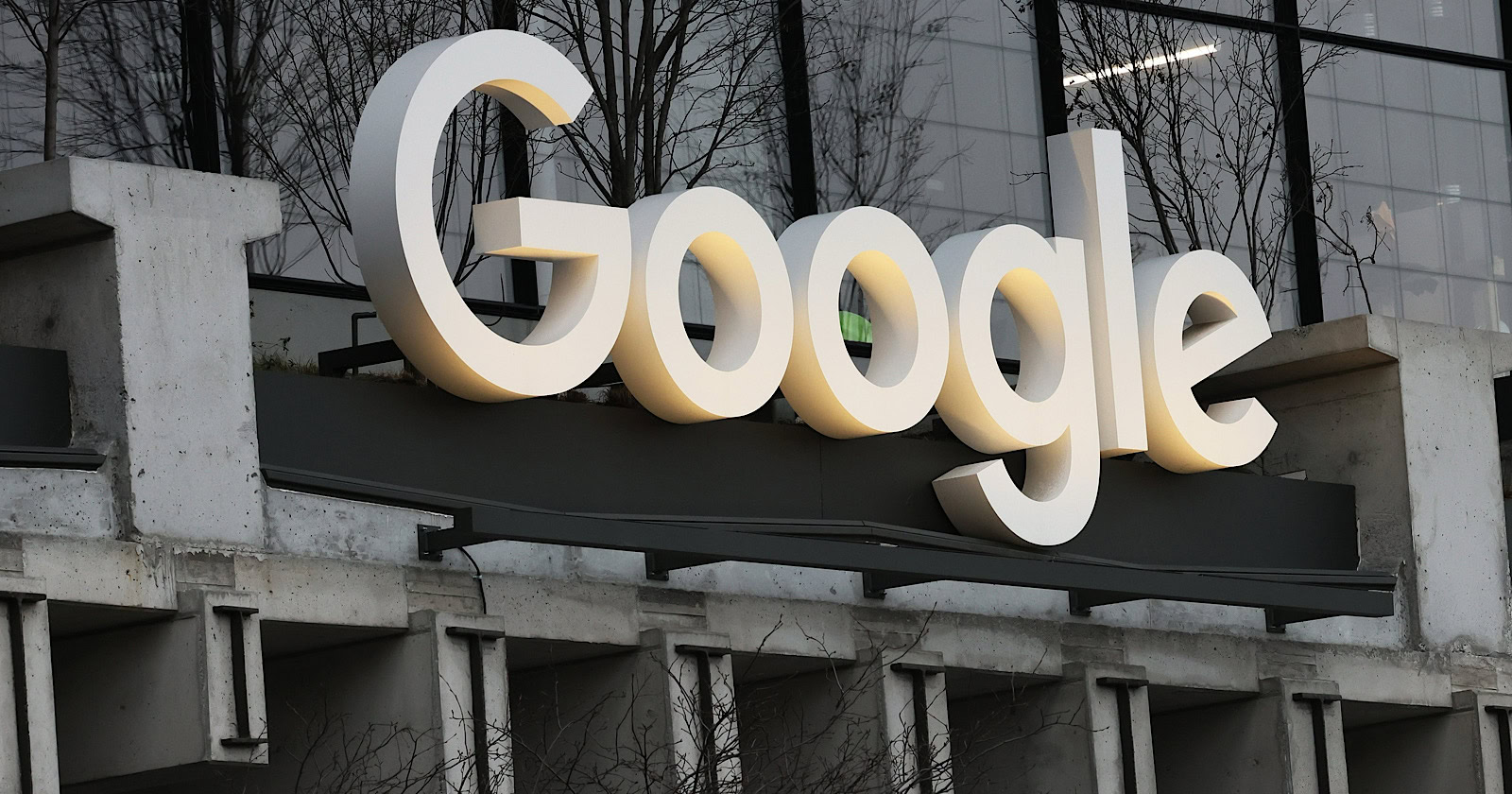Google has announced that it will no longer delete third-party cookies in Chrome.
Instead, the company is trying a new approach that emphasizes control over user preferences and privacy while browsing the Internet.
Big change in politics
The company has been working to eliminate third-party cookies for years, but implementation has been repeatedly delayed due to various challenges.
Instead of opting out of the use of these cookies, Google will introduce a new experience in Chrome that allows users to make informed decisions about their privacy settings.
Anthony Chavez, Google’s vice president of privacy sandbox, said in a statement advertisement:
“We propose an update system that expands user choice. Instead of eliminating third-party cookies, we’re introducing a new experience in Chrome that allows users to make an informed decision about their web browsing and change that choice at any time.”
User control is paramount
Under this new proposal, Chrome users will be able to set their own privacy settings that apply to their web browsing activity.
The change follows extensive feedback from regulators such as the UK Competition and Markets Authority (CMA) and the Information Commissioner’s Office (ICO), as well as a range of stakeholders including publishers, web developers, standards groups, civil society and advertising industry participants.
Ongoing commitment to protecting privacy
Despite this major shift in direction, Google remains committed to the Privacy Sandbox initiative. The company plans to continue to develop and offer privacy sandbox APIs to improve privacy and utility for those who want to use them.
Additionally, Google plans to introduce IP protection in Chrome’s incognito mode, further improving user privacy.
The impact on the digital advertising landscape
This decline could have far-reaching effects on the digital advertising industry. Advertisers and publishers preparing for a cookie-free future may need to rethink their strategies.
Google said it will continue to consult with competition and market authorities, the Information Commissioner’s Office and other global regulators as it develops its new approach. The company intends to work with the industry to implement these changes.
In short
As Google changes its approach to third-party cookies, here are some key points:
- Google will not phase out third-party cookies as planned
- Users have more control over their privacy settings in Chrome.
- The privacy sandbox project continues with the introduction of alternative technologies.
- This change affects advertisers, publishers and users differently.
- The full impact of this decision on the digital advertising landscape is still unclear.
Featured Image: Photosince/Shutterstock











